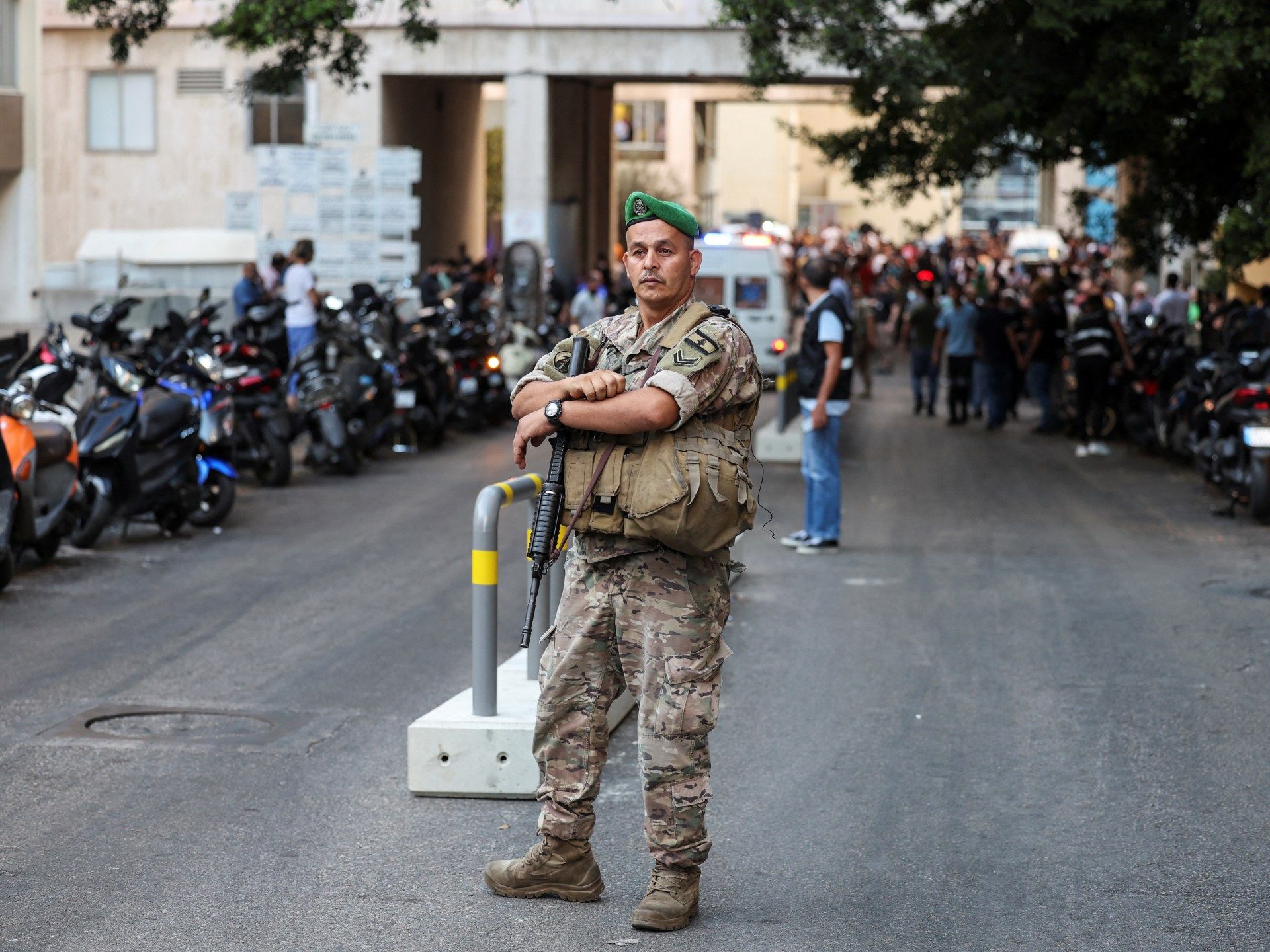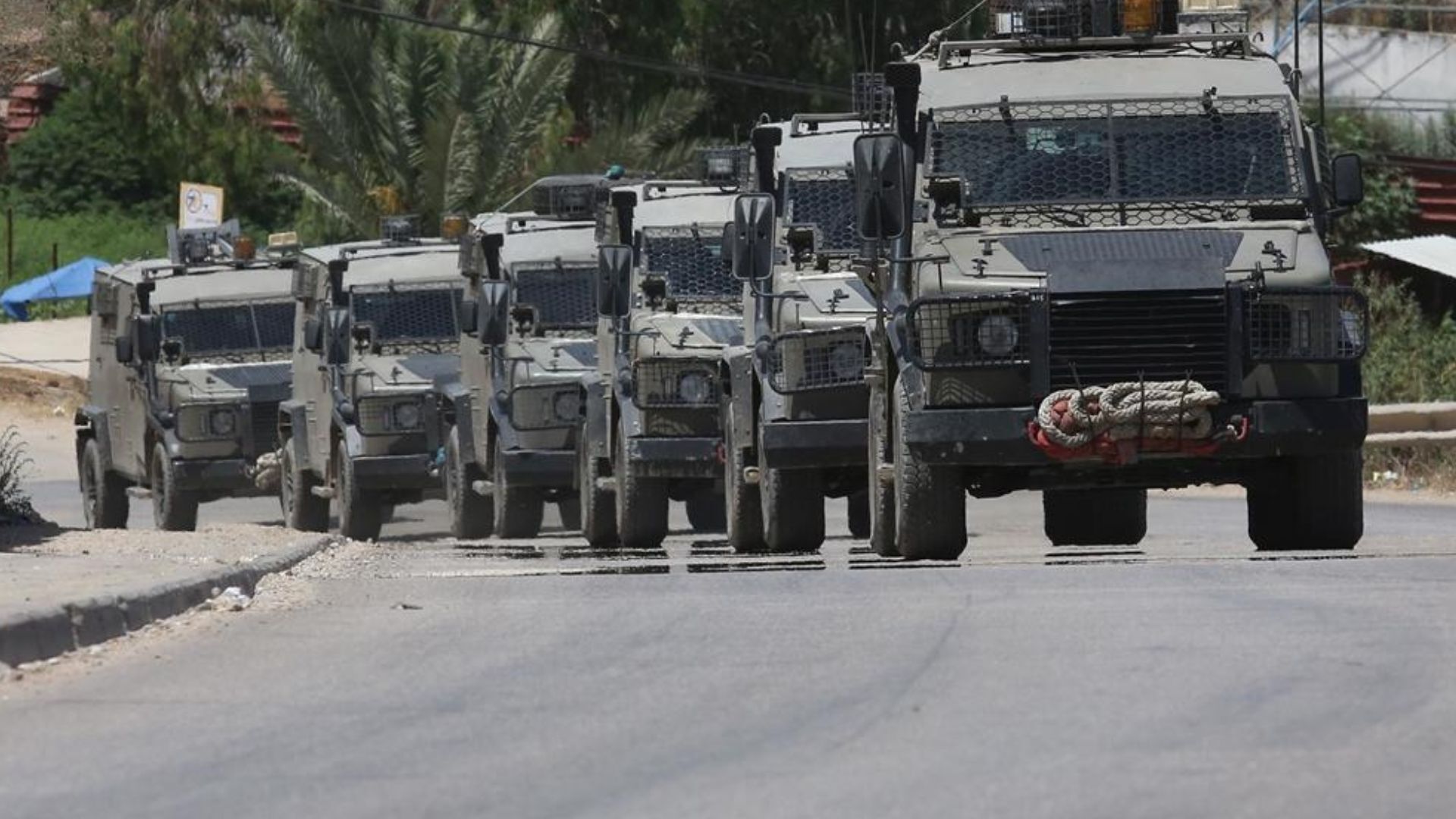Hundreds of pagers belonging to the Lebanese armed group Hezbollah exploded simultaneously across Lebanon.
At the time of writing, at least nine people had been killed and 2,750 injured, according to security services and the Lebanese health minister.
Pagers are small communication devices that were commonly used before mobile phones became widespread.
The devices display a short text message to the user, relayed over the phone via a central operator.
Unlike cell phones, pagers work using radio waves, with the operator sending a message over radio frequency (rather than the Internet) that is unique to the recipient's device.
The basic technology used in pagers, as well as their reliance on physical hardware, is thought to mean they are harder to monitor, making them popular with groups like Hezbollah where both mobility and security are paramount.
What happened?
The series of explosions began around 4:45 p.m. and lasted for about an hour.
The casualty figures are still being confirmed.
An eight-year-old girl has been confirmed among the dead.
The death of Mohammad Mahdi Ammar, son of Hezbollah MP Ali Ammar, was also reported.
Hezbollah confirmed that two of its fighters had been killed.
Lebanese Health Minister Firass Abiad told Al Jazeera: “Some 2,750 people were injured, … more than 200 of them seriously,” with injuries mostly to the face, hands and stomach.
Iran's ambassador to Lebanon, Mojtaba Amani, was also injured in the blasts.

Who carried out the attack?
Many people, including Hezbollah, point the finger at Israel.
Israel and Hezbollah have been engaged in a mostly low-level exchange of fire along the Lebanese-Israeli border since Oct. 8, the day after Hamas-led attacks on Israel killed 1,139 people, took some 240 captive and sparked Israel's war on Gaza.
Lately, Israeli politicians and media have increasingly talked about military action against Lebanon to drive Hezbollah from the border and allow the return of some 60,000 Israelis evacuated just after the attacks began.
“We hold the Israeli enemy fully responsible for this criminal aggression,” Hezbollah said in a statement, adding that Israel “will certainly receive its just punishment for this sinful aggression.”
Despite a similar condemnation by Lebanese Information Minister Ziad Makary, Israel itself, as has happened in previous situations, remains silent.
Why did no similar explosions occur in Gaza?
According to Hamza Attar of the Department of Defence at King's College London, “They cannot use the same method in Gaza because Hamas is very aware of cyber problems compared to Hezbollah.
“They are very capable in telecommunications,” he said of Hamas, highlighting the group’s efforts to encrypt communications.
“They don’t use phones or cell phones. They have their own network, internet and communication and they don’t need anything on the surface,” he said.
We don't know yet.
Some speculation has focused on the radio network the pagers rely on, suggesting it may have been hacked, causing the system to emit a signal that triggered a response within the already tampered pagers.
“What I think happened [is that] Every Hezbollah [member] “Whoever was at a specific level was targeted,” data analyst Ralph Baydoun told Al Jazeera.

He also suggested that Israel would not need to know the names of those who received the corrupted signal, but could gather valuable information after the detonations.
“If they had the satellites on… they would know the names and locations of all the agents who were attacked… immediately when [they asked] for help. They would reveal [their] locations,” he speculated.
Other analysts, such as former British army officer and chemical weapons expert Hamish de Bretton-Gordon, suggested that Hezbollah's pagers could have been manipulated along the supply chain and “programmed to explode on command.”
If the pager's lithium battery were to overheat, it would trigger a process called thermal runaway.
Basically, a chemical chain reaction would occur, causing the temperature to rise and eventually causing the battery to violently explode.
However, triggering such a chain reaction across multiple devices that have never been connected to the Internet is far from straightforward.
“You have to have a bug in the pager itself [so that] “It will overheat as a result of certain circumstances,” Baydoun said, speculating that those circumstances would likely be a trigger introduced into the pager through a manipulated code.












